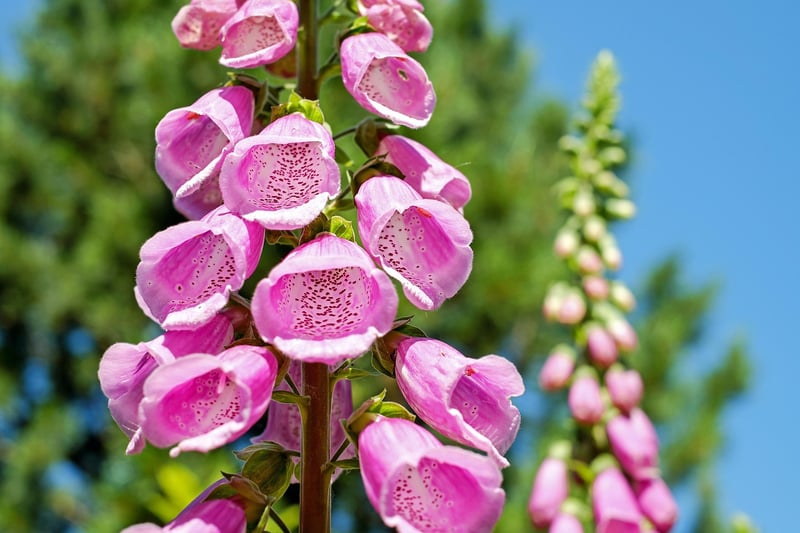Seasonal care tips
Essential Practices for Keeping Your Vertical Garden Thriving
Introduction
Vertical gardens are a fantastic way to bring greenery into small spaces and add a touch of nature to urban environments. To ensure that your vertical garden thrives year-round, it's crucial to follow some essential practices and seasonal care tips. Let's explore how you can maintain a healthy and vibrant vertical garden.
1. Proper Watering
Watering is key to the success of your vertical garden. Make sure to water your plants regularly, especially during hot weather. Consider installing a drip irrigation system to ensure consistent moisture levels for all your plants.
2. Adequate Light
Most plants in vertical gardens require ample sunlight to thrive. Ensure that your vertical garden receives sufficient light based on the needs of the plants you have chosen. If natural light is limited, consider supplementing with grow lights.
3. Regular Pruning and Maintenance
Keep an eye on your vertical garden and trim any dead or overgrown foliage. Regular pruning encourages new growth and helps prevent diseases. Additionally, check for pests and treat any infestations promptly.
4. Proper Soil and Fertilization
Use a high-quality potting mix that is well-draining to provide a healthy growing environment for your plants. Consider fertilizing your vertical garden periodically to ensure that your plants receive essential nutrients for robust growth.
Seasonal Care Tips
Adjusting your care routine based on the seasons is essential for the long-term health of your vertical garden. Here are some seasonal care tips to keep your garden thriving:
Spring:
- Clean and inspect your vertical garden structure.
- Prune plants to encourage new growth.
- Start fertilizing regularly as plants enter their growing season.
Summer:
- Water more frequently, especially during hot spells.
- Provide shade for sensitive plants to prevent sunburn.
- Monitor for pests and diseases in the warm weather.
Fall:
- Trim back plants before the arrival of colder weather.
- Reduce watering as temperatures cool down.
- Protect sensitive plants from frost.
Winter:
- Move cold-sensitive plants indoors or provide adequate insulation.
- Water sparingly to prevent waterlogging in cold temperatures.
- Prune dormant plants to prepare for spring growth.
Conclusion
By following these essential practices and seasonal care tips, you can ensure that your vertical garden remains healthy and vibrant throughout the year. Remember to adapt your care routine based on the changing seasons to provide the best possible environment for your plants to thrive.

Image source: Pixabay
